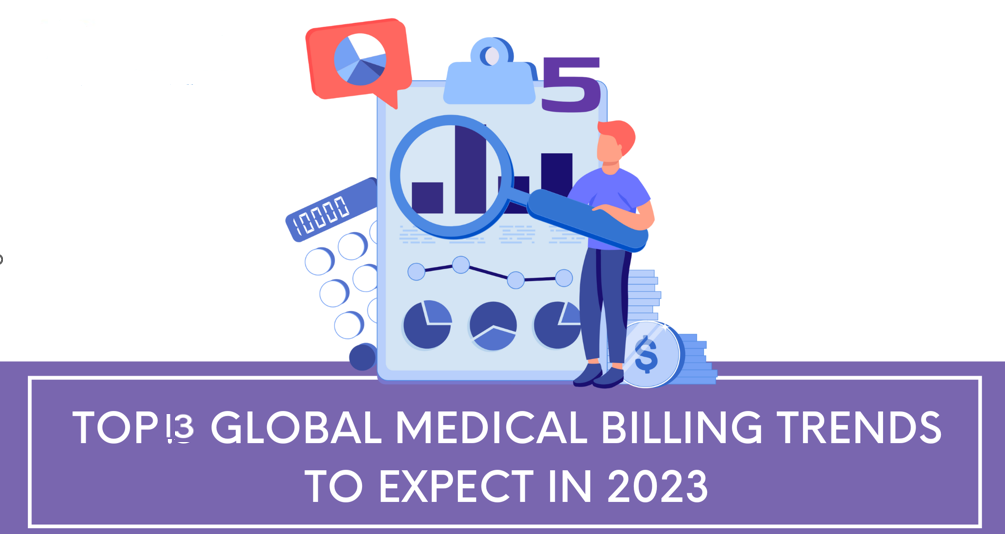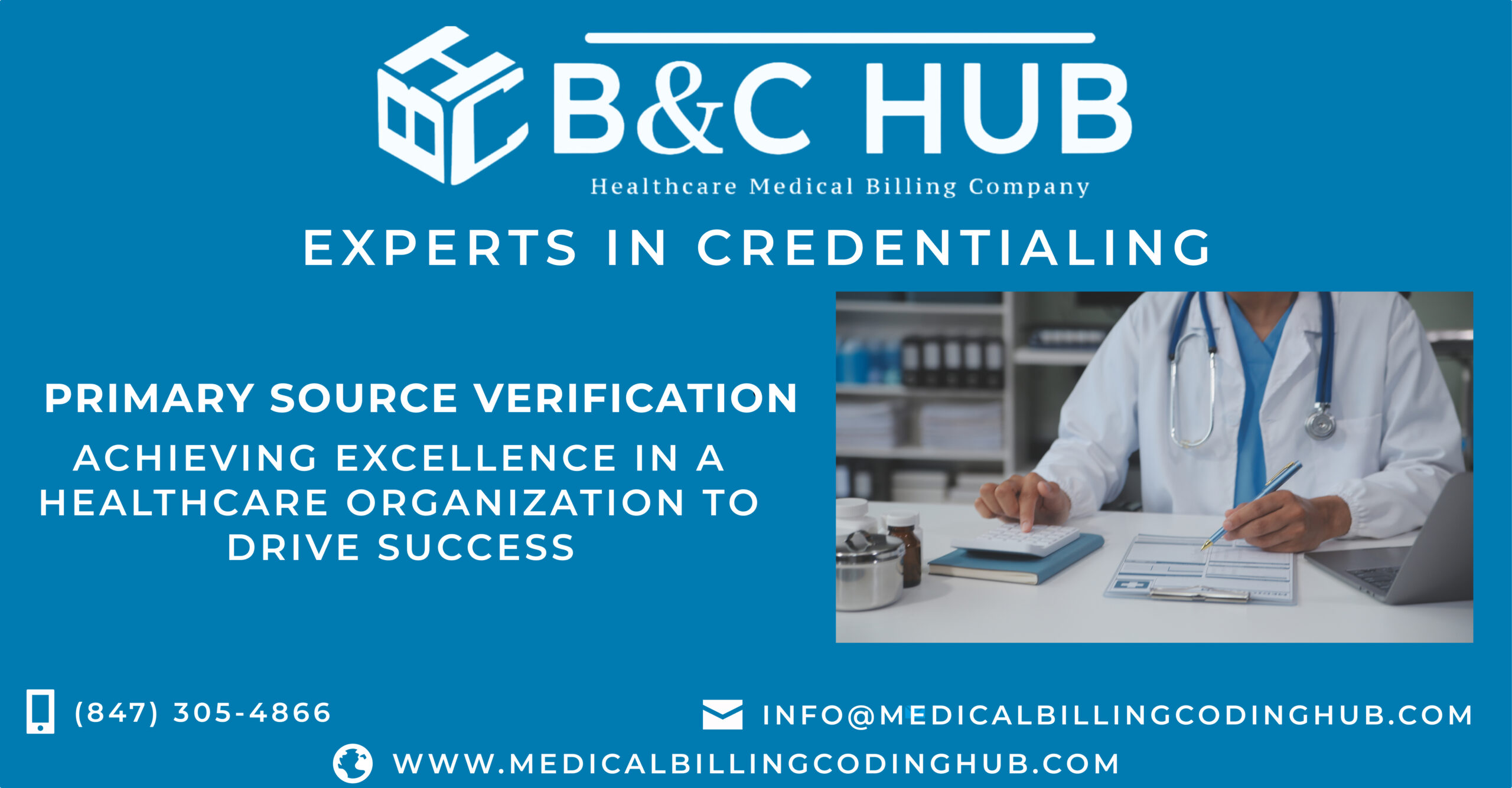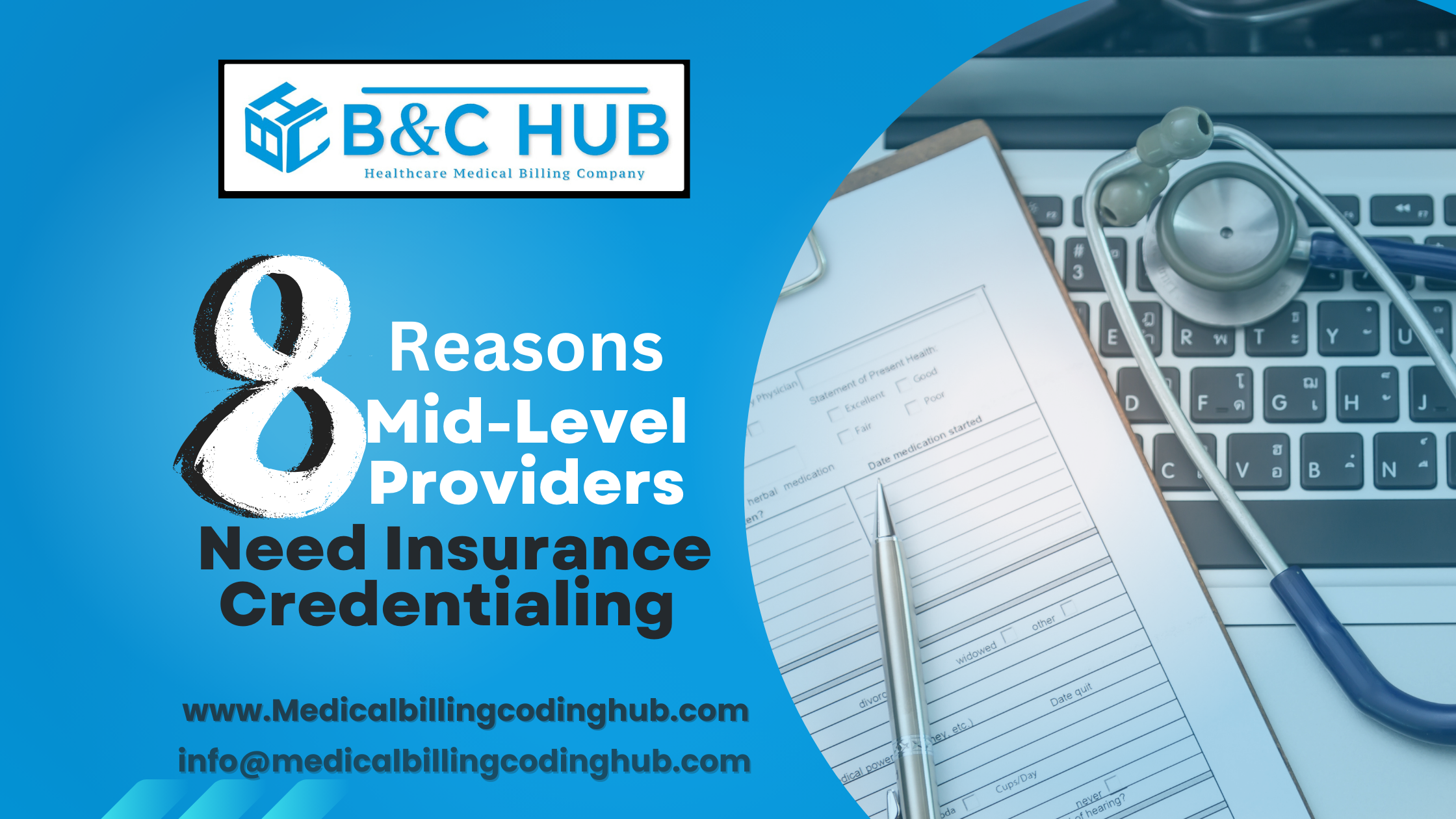
Change is an essence of life and Health systems. Health systems around the globe are experiencing an unprecedented level of change. Major changes and calamities has forced healthcare providers to adapt to new scenarios to note the significance of being able to pivoted rapidly and effectively in the face of uncertainty. In 2023, we expect to forecast thirteen trends that will continue to shape the healthcare industry.
Transition to Electronic Health Records (EHR):
Many healthcare providers are adopting electronic health records to streamline medical billing processes. EHR systems offer improved accuracy, efficiency, and accessibility of patient data, leading to more accurate billing and reduced errors
Increased Automation:
Medical billing processes are likely to become more automated in 2023. Automation technologies, such as robotic process automation (RPA) and artificial intelligence (AI) and machine learning (ML) are being leveraged to automate routine billing tasks. This reduces administrative burdens, accelerates billing processes, and minimizes errors. Artificial intelligence (AI) and machine learning (ML) technologies can help streamline coding, claims processing, and payment reconciliation, reducing errors and improving efficiency.
Compliance with evolving regulations: Healthcare regulations and reimbursement policies frequently change, requiring medical billing professionals to stay updated and compliant. Keeping abreast of changes in regulations, such as HIPAA (Health Insurance Portability and Accountability Act) and ICD-10 (International Classification of Diseases, 10th Revision) and the Affordable Care Act (ACA) in the United States or similar policies in other countries, is crucial for accurate billing and reimbursement. Staying compliant with these regulations was crucial to avoid penalties and ensure data security.
Integration of Revenue Cycle Management (RCM) Systems:
RCM systems encompass various aspects of medical billing, from patient registration to claims processing and payment collection. Healthcare organizations are increasingly adopting comprehensive RCM software that integrates with other systems to streamline the entire revenue cycle.
Patient Financial Responsibility:
With the rise of high-deductible health plans, patients are taking on more financial responsibility for their healthcare costs. This shift has led to increased emphasis on patient education, transparent cost estimates, and improved billing communication to enhance patient satisfaction and optimize revenue collection.
Outsourcing Medical Billing Services:
Many healthcare providers are outsourcing their medical billing processes to specialized third-party companies. This allows them to focus on patient care while benefiting from the expertise and efficiency of professional billing services.
Emphasis on Data Analytics:
Medical billing generates vast amounts of data, and healthcare organizations are increasingly leveraging analytics tools to gain insights into billing patterns, reimbursement trends, and financial performance. Data-driven decision-making helps optimize revenue, identify areas for improvement, and minimize billing errors.
Mobile and Digital Payments:
The growing popularity of mobile devices and digital wallets has prompted the adoption of mobile and digital payment options in medical billing. Healthcare providers are offering convenient ways for patients to pay their bills, such as through mobile apps or online portals.
Integration and Interoperability:
Seamless integration between different healthcare systems, such as electronic health records (EHRs) and billing systems, is crucial for efficient medical billing processes. Interoperability standards and technologies will continue to be developed to ensure data exchange and coordination among various systems.
Increased Focus on Data Security and Compliance:
With the rise in cyber threats and data breaches, healthcare organizations are placing a greater emphasis on data security and compliance. Medical billing systems are expected to implement robust security measures to protect patient data, comply with privacy regulations (such as HIPAA in the United States), and prevent fraudulent activities.
Continued Shift to Electronic Transactions: The healthcare industry is moving away from paper-based billing and transitioning towards electronic transactions. The adoption of electronic data interchange (EDI) and electronic funds transfer (EFT) for claims submission and reimbursement is likely to continue.
Predictive Analytics and Revenue Optimization:
The use of predictive analytics can assist in revenue optimization by identifying patterns, predicting reimbursement outcomes, and identifying areas for improvement. Analyzing data trends and optimizing billing strategies can lead to increased revenue capture and reduced denials.
Telemedicine Billing:
The widespread adoption of telemedicine has necessitated the development of billing practices specific to virtual healthcare services. Ensuring accurate coding, appropriate reimbursement, and compliance with telemedicine billing guidelines is crucial.
Integration of blockchain technology:
Blockchain has the potential to revolutionize medical billing by ensuring transparency, security, and immutability of data. In 2023, we might see increased experimentation and implementation of Blockchain solutions in medical billing processes, such as claims management and provider credentialing.
As we move further into 2023, the healthcare industry will continue to experience significant change. By embracing these trends, health systems can adapt to the evolving needs of patients and deliver better outcomes at a lower cost.
Lets connect with Medical B&C Hub Services for all kind of specialties






